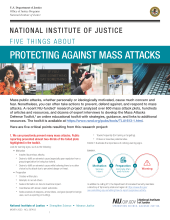OsteoID: A New Forensic Tool to Help Identify the Species of Skeletal Remains
Date Published
November 2023
Agencies
NIJ
Publication Type
Research (Applied/Empirical)



